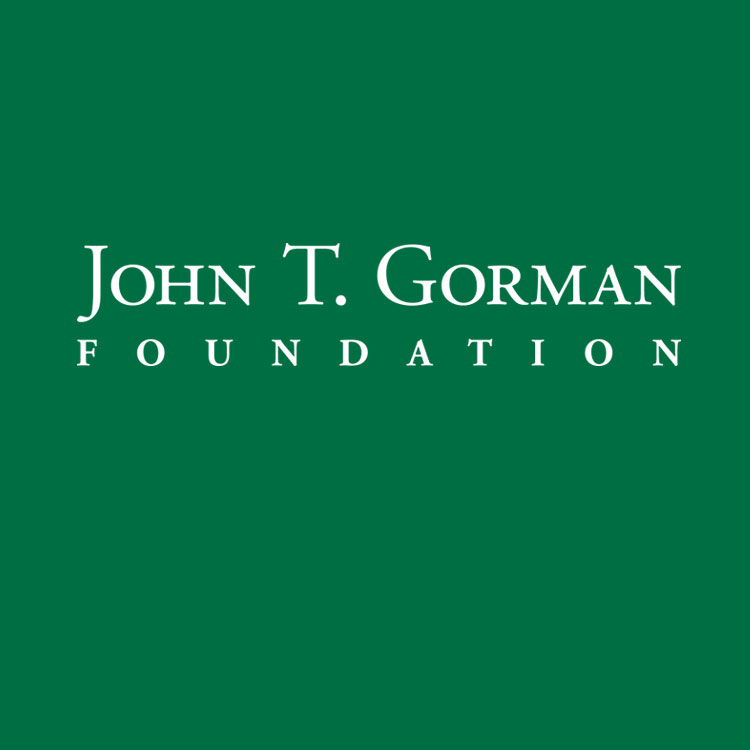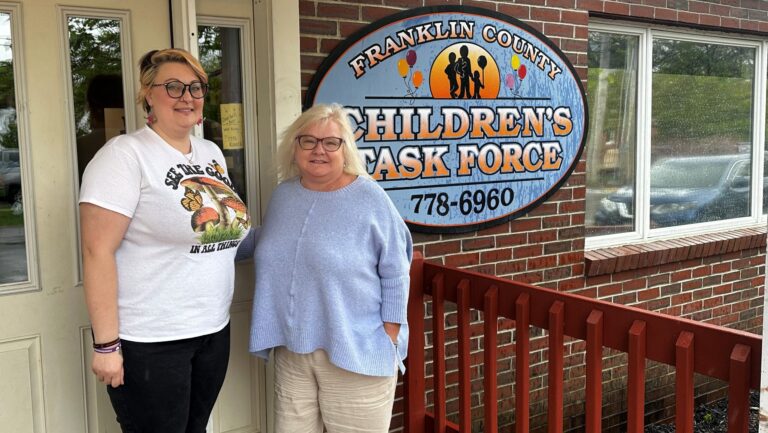A steady flow of household income is indeed critical to a family’s financial well-being. But so too is the ability to accumulate wealth and assets – the reservoir of financial resources that can be tapped to weather emergencies or to invest in the future.
The John T. Gorman Foundation is currently working on a policy brief to offer system-wide recommendations to make wealth-building opportunities more accessible and equitable. The brief comes after years of supporting initiatives – like those led by New Ventures Maine – to help low-income Maine families build up their financial resources. Among other services, the organization administers matched savings programs, provides financial education, and helps lead CA$H Maine, a statewide coalition offering free tax services to low-income households so they can receive the credits for which they’re eligible.
We recently caught up with John T. Gorman Fellow Janet Smith, just named Director after 20 years at New Ventures Maine, to get her perspective on the systemic issues that make it difficult for families to build wealth and assets, and discuss new challenges and opportunities that have come during the pandemic.
John T. Gorman Foundation: Much of the discussion of family financial stability is about income. What is the importance, too, of wealth and assets?
Janet Smith: Ray Boshara of the St. Louis Fed said, ‘Lack of income means you don’t get by. Lack of assets means you don’t get ahead.’ I feel that summarizes the whole issue really well. People without savings and assets lose their economic security and ability to plan for the future. And not only their own future – but the ability to pass it on to future generations as well.
JTGF: What are some of the challenges Maine families face when they don’t have access to wealth and assets?
JS: A lack of savings means that families are unable to handle life’s unexpected expenses. We all need car repairs. We all have medical bills not covered by insurance. If you don’t have savings to cover that, it causes a huge setback. Either families don’t pay those bills, which can damage their credit, or you pay for the necessary car repair but then don’t have money to pay other bills.
There’s also data to show that people without savings have to access more expensive ways of getting money, like pawn shops, high-interest credit cards, or other high-interest loans. It has a big snowball effect – they’re always in that place of trying to catch up. And if you’re always living paycheck to paycheck, people get trapped into thinking of money as the now – and not being able to think of it as the future.
JTGF: What are some of the structural or systemic ways these conditions are created?
JS: Families who don’t have something passed on them – inherited wealth – are in a more difficult situation. Particularly you hear that with the racial wealth gap. A lot of families with wealth or who own their home will take out parent student loans or use home equity to provide that investment in their child’s future success. Without that, the burden of paying for education goes on the backs of the students themselves.
Tax codes are also structured to benefit people with assets, with deductions for things like retirement savings, home ownership, and college savings. Instead, we tax income – but if you have assets, you can use those as deductions to pay less tax.
Another contributor is the banking system. If someone gets into trouble – like overdraws an account or misses payments – that can quickly snowball. Sometimes, people will walk away from that debt and not use the banks. They might be able to manage, but it stays with them on Check Systems, the financial institutions’ reporting system, making it more difficult to access products that might be advantageous in the banking system. In addition, if they have poor credit, credit scores don’t just affect the interest rates you pay – they can affect whether you can rent, how much you pay for insurance, even securing employment.
JTGF: With lost income and unexpected expenses, the pandemic has certainly uncovered that many of us don’t have the financial cushion we need. But what kind of opportunities have come from the pandemic relief funding that has gone to families?
JS: I’m beyond excited about the Child Tax Credit and the impact that it’s having. Very low-income families are using it to pay for food and basic needs. And low- to moderate-income families are saving it for unexpected and future expenses. That’s really exciting to see. And it mirrors what we’ve seen with our matched saving programs. If given the right support, most people want to save for retirement or their children’s educations. It’s freedom of choice – what are your goals and what do you want for the future.
Our efforts right now are trying to reach eligible families who have not claimed the benefit. It’s a fairly high percentage, unfortunately. If you don’t file taxes, because your income is too low or you’re receiving disability, you immediately see ‘tax credit’ and think you’re not eligible. So I’m working with Maine Equal Justice to try to reframe the headline that this is money for families to help them raise their children.



